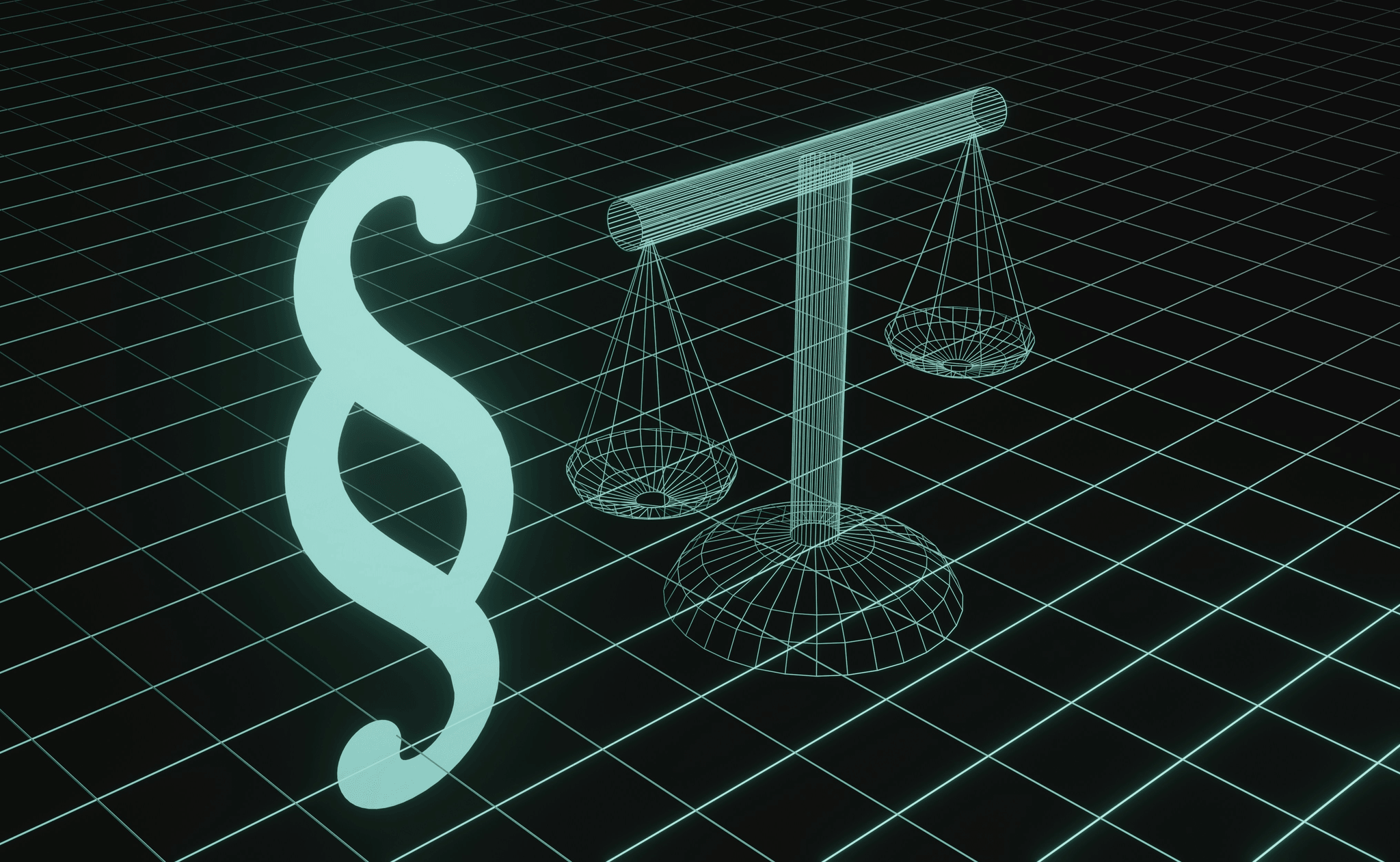Introduction

Are you an expat living and working in China? Understanding China income tax rates is crucial for managing your finances. Whether you're a newcomer or a long-time resident, staying informed about the latest income tax rates in China can help you make sound financial decisions. And when it comes to navigating the complex world of China income tax, you can count on AC&E, your expert legal team for all things related to income tax in China.
Understanding China Income Tax Rates
Navigating the ins and outs of income tax rates in China can be daunting, especially for expats. With different brackets and regulations, it's important to grasp how these rates are calculated and how they may impact your earnings as an expat living in China.
It's crucial for expats living in China to understand the income tax rates as they directly impact their earnings and financial planning. Being aware of the different brackets and regulations will help expats make informed decisions about their income and expenses. Moreover, understanding how these rates are calculated will enable expats to take advantage of any available deductions or exemptions, ultimately maximizing their net income.
Importance of Knowing China Income Tax Rates for Expats
As an expat, being aware of the current income tax rates in China is essential for effective financial planning and compliance with local laws. Knowing the latest changes and updates to the individual income tax system will help you avoid potential penalties and ensure that you're making informed decisions about your finances.
Being aware of the current income tax rates in China is crucial for expats to effectively plan their finances and ensure compliance with local laws. By staying updated on the latest changes to the individual income tax system, expats can avoid potential penalties and make informed decisions about their financial affairs. Understanding the tax rates also allows expats to take advantage of any available deductions or exemptions, maximizing their financial resources while living and working in China.
AC&E: Your Expert Legal Team for China Income Tax
When it comes to navigating the complexities of individual income tax rates in China, AC&E is here to provide expert guidance and support. Our team has extensive experience helping expats understand and comply with China's income tax laws, ensuring that you have the knowledge and resources needed to manage your taxes effectively.
AC&E understands that navigating China's individual income tax rates can be daunting, especially for expats who may not be familiar with the intricacies of the system. That's why our team is dedicated to providing personalized guidance and support to help you understand and comply with the laws. We go beyond just offering information – we work with you to ensure that you have the knowledge and resources needed to effectively manage your taxes in China.
Overview of China Income Tax System

When it comes to income tax rates in China, it's crucial for expats to understand the different types of taxes they may encounter. From individual income tax to corporate income tax, navigating the various rates and regulations can be complex. At AC&E, we specialize in guiding expats through the maze of China's income tax system.
Different Types of Income Tax in China
In China, there are several types of income tax that individuals and businesses need to be aware of. These include individual income tax, corporate income tax, withholding tax, and value-added tax. Understanding the nuances of each type is essential for ensuring compliance with China's tax laws.
Key Components of China Individual Income Tax
China's individual income tax rates are determined based on a progressive system, with different brackets and rates depending on an individual's level of income. Deductions and exemptions also play a crucial role in calculating the final amount owed. It's important for expats to familiarize themselves with these key components to ensure accurate reporting. Additionally, recent changes in China's income tax rates have aimed to provide relief for lower-income individuals while adjusting the tax burden for higher earners. This means that expats should stay updated on these changes to ensure compliance with the latest regulations.
Recent Changes in China Income Tax Rates
In recent years, there have been significant changes to China's individual income tax rates. The government has implemented reforms aimed at reducing the burden on low- and middle-income earners while adjusting rates for higher earners. Staying informed about these changes is essential for expats living and working in China.
Remember that understanding the ins and outs of China's income tax system is vital for expats looking to comply with local laws while maximizing their financial well-being. With AC&E as your trusted partner, you can navigate the complexities of China's income tax rates with confidence!
Calculating China Income Tax for Expats

When it comes to income tax rates in China, expats need to consider several key factors that can affect the amount of tax they owe. Factors such as residency status, duration of stay, and types of income earned can all impact the individual income tax rates in China for expats. Understanding these factors is crucial for expats to accurately calculate their income tax obligations and avoid potential penalties.
Factors Affecting Income Tax Rates for Expats
For expats living and working in China, their residency status plays a significant role in determining their income tax rates. Non-resident individuals are generally subject to a flat tax rate on their China-sourced income, while resident individuals are subject to progressive tax rates based on their worldwide income. Additionally, the duration of stay in China can also affect an expat's residency status and subsequently impact their income tax rates.
Expat Tax Benefits and Deductions in China
Expats residing in China may be eligible for certain tax benefits and deductions that can help lower their overall income tax burden. These benefits may include allowances for housing, education, and relocation expenses, as well as deductions for social insurance contributions and other qualified expenses. By taking advantage of these available benefits and deductions, expats can effectively reduce their taxable income and minimize their income tax liabilities.
Common Mistakes Expats Make in Calculating Income Tax
One common mistake that expats often make when calculating their income tax in China is failing to properly account for all types of taxable income they have earned within the country. This oversight can lead to underreporting of taxable income and result in potential fines or penalties from Chinese tax authorities. Additionally, misunderstanding the eligibility criteria for certain tax benefits or deductions can also lead to errors in calculating an expat's income tax obligations.
Navigating China Income Tax Laws

When living and working in China, expats have legal obligations related to income tax. Understanding the complex regulations and staying compliant with China's individual income tax rates is crucial for avoiding penalties and legal issues.
Legal Obligations for Expats Living and Working in China
Expats residing in China are required to pay taxes on their worldwide income if they have been living in the country for more than 183 days within a calendar year. It's essential for expats to familiarize themselves with the various income tax rates in China, as well as the specific tax obligations that apply to their individual circumstances.
AC&E's Expertise in International Tax Disputes
AC&E has a proven track record of expertise in handling international tax disputes, including those related to China income tax rates. Our team of legal professionals understands the complexities of cross-border taxation and can provide valuable guidance and support to expats facing tax-related challenges.
How AC&E Can Help Expats with China Income Tax Compliance
AC&E offers comprehensive assistance to expats seeking to navigate the intricacies of China's income tax laws. From ensuring proper compliance with current income tax rates in China to providing strategic advice on minimizing tax liabilities, our team is dedicated to helping expats meet their legal obligations while maximizing their financial well-being.
Planning for Future China Income Taxes

As the landscape of income tax rates in China continues to evolve, it's crucial for expats to stay ahead of the game. Anticipating changes in China income tax rates is essential for effective financial planning and compliance. Keeping abreast of updates and amendments to the China individual income tax rates will ensure expats are well-prepared for any adjustments that may impact their tax obligations.
Anticipating Changes in China Income Tax Rates
With the ever-changing economic and political climate, it's wise for expats to closely monitor announcements and discussions regarding potential adjustments to China income tax rates. By staying informed about proposed changes, expats can proactively plan their finances and make necessary adjustments to accommodate any shifts in income tax rates in China. AC&E provides expert guidance on interpreting and preparing for potential changes in China income tax rates 2020 and beyond.
In addition to staying informed about potential adjustments to China income tax rates, expats should also consider seeking professional advice on tax planning strategies. This can help them minimize their tax liabilities and take advantage of any available deductions or credits. By working with experts in China income tax, expats can develop long-term strategies that align with their financial goals and ensure compliance with the latest regulations. AC&E offers personalized guidance on minimizing income tax in China, helping expats navigate the complexities of the tax system and make informed decisions for their financial future.
Long-term Strategies for Minimizing Income Tax in China
In addition to anticipating changes, expats should also focus on implementing long-term strategies aimed at minimizing their income tax liabilities in China. By structuring investments strategically, expats can take advantage of tax-efficient vehicles such as retirement accounts or education savings plans. Additionally, exploring legal avenues such as setting up a business entity or establishing a trust can offer opportunities for tax optimization while remaining compliant with Chinese tax laws. AC&E's expertise in navigating the complex landscape of China's income tax regulations ensures that expats can make informed decisions to maximize their financial positions.
Working with AC&E for Ongoing Tax Planning Support
Partnering with AC&E not only provides expats with expert guidance on current tax rates and planning, but also ensures that they stay ahead of any changes that may impact their financial situation. By staying proactive and informed, expats can feel confident in their ability to navigate the complexities of China's individual income tax system. With personalized strategies for minimizing taxes, AC&E empowers expats to take control of their financial future and make decisions that align with their long-term goals.
Conclusion

When it comes to ensuring compliance with China income tax laws, expats need expert guidance to navigate the complexities of the system. With AC&E as your trusted partner for China income tax compliance, you can rest assured that you are in good hands. Our team of legal experts specializes in providing tailored solutions to meet your individual needs and ensure that you are fully compliant with China's income tax laws.
Ensuring Compliance with China Income Tax Laws
As an expat living and working in China, it's crucial to ensure compliance with the country's income tax laws. With recent changes in China income tax rates, staying up-to-date and compliant is more important than ever. AC&E can provide the necessary expertise to help you navigate the legal obligations and avoid potential pitfalls associated with non-compliance.
Expert Guidance for Expats on China Income Tax
Navigating the intricacies of China's individual income tax rates can be challenging for expats. That's where expert guidance becomes invaluable. AC&E offers comprehensive support and advice tailored specifically for expats, helping them understand their tax obligations and maximize available benefits and deductions.
Navigating the intricacies of China's individual income tax rates can be challenging for expats, especially when considering the differences in tax laws and regulations compared to their home country. This is where expert guidance becomes invaluable. AC&E offers comprehensive support and advice tailored specifically for expats, providing clarity on complex tax laws and helping them understand their obligations as well as opportunities for maximizing available benefits and deductions.
AC&E: Your Trusted Partner for China Income Tax Compliance
AC&E is your go-to partner for all matters related to China income tax compliance. Our team of legal experts has a deep understanding of the nuances of the Chinese tax system, including recent changes in income tax rates in 2017 and 2020. With our support, expats can have peace of mind knowing that they are fully compliant with China's income tax laws.
With AC&E as your trusted partner, you can rely on our team to stay up-to-date on all changes to China's income tax laws, ensuring that you are always in compliance. Our experts will work closely with you to understand your unique situation and provide tailored solutions that meet your specific needs. Whether you are an individual expat or a multinational corporation, AC&E is here to guide you through the complexities of China's income tax system.
